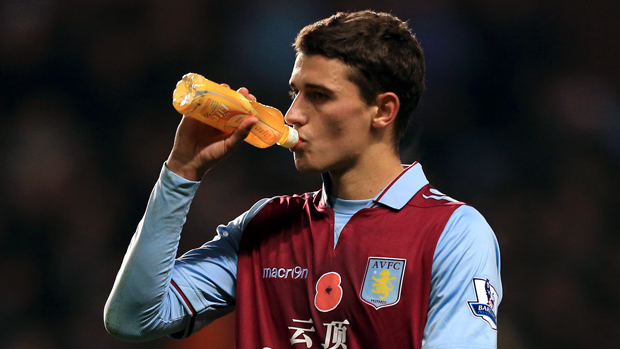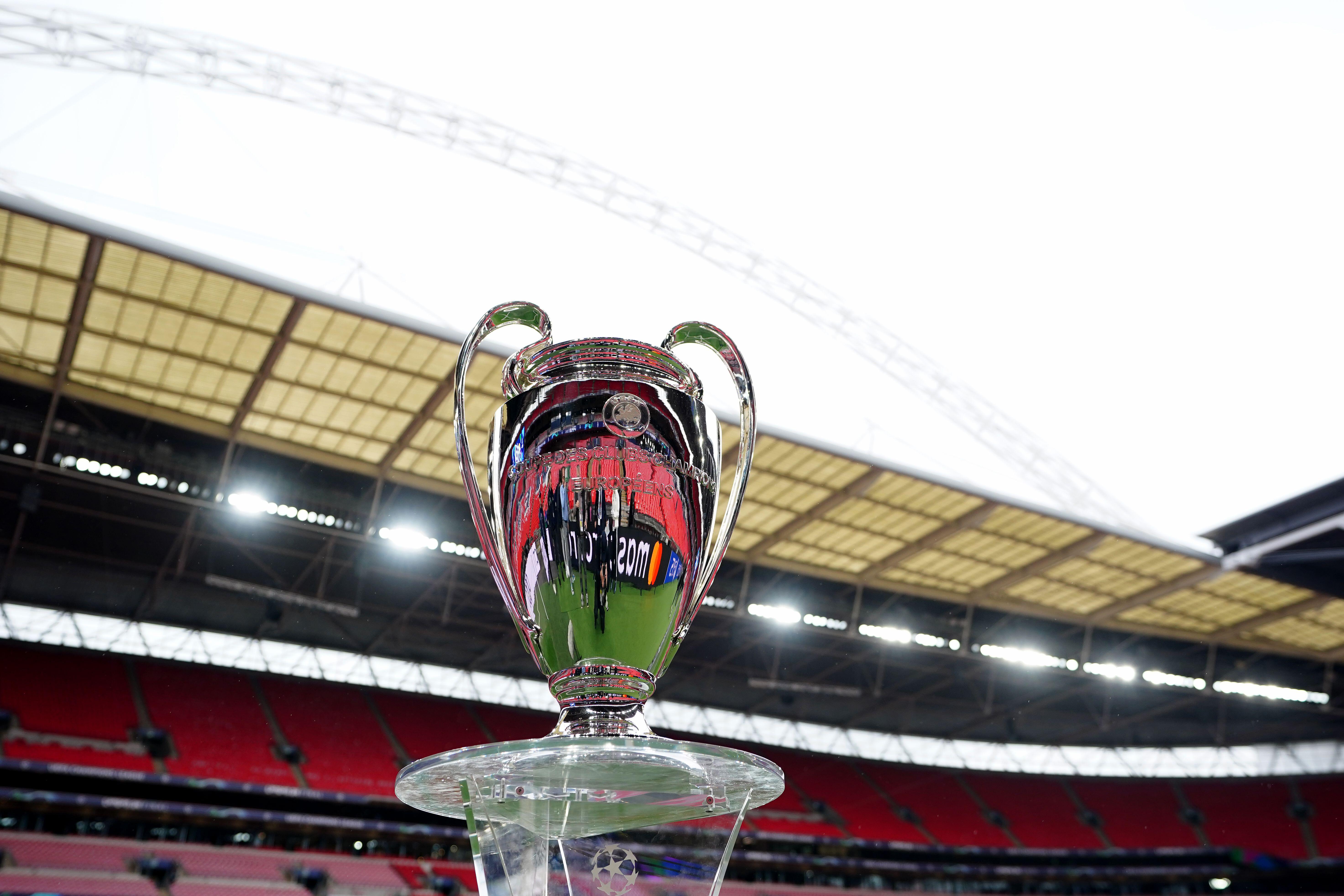The dos and don’ts of hydration
Experts are always telling you that the correct hydration methods will galvanise your performance, but no one explains how and why. Until now...

DO
Er… Drink
OK, we admit this is hardly groundbreaking advice, but believe it not, there are some of you out there who forget the first rule of hydration: drink. “A lot of footballers routinely under-hydrate and suffer from fatigue and lack of concentration,” Lovell tells FFT. “Staying hydrated is what I call bottom line nutrition. If you become dehydrated your performance will drop off rapidly.”
DON’T
Think water will be enough
Good old H2O will keep you hydrated, but it won’t be enough to keep you going for 90 minutes. “When it comes to matchday hydration, drink the normal amount of water you routinely would, but you need to start drinking a sports drink leading up to a match and during the warm-up because you’re going to be sweating a lot,” advises Lovell. “Sports drinks are full of electrolytes and they help your body retain fluid so you can stay hydrated. Get more onboard at half-time as well.”
Get FourFourTwo Newsletter
The best features, fun and footballing quizzes, straight to your inbox every week.
DO
Weigh yourself before and after the game
No one likes weighing in, but if you’re willing to brave the scales it will help you optimize your hydration. “Weighing pre- and post-exercise is a really good idea as it’ll show how much fluid you’ve lost and then how much you should replace,” says Lovell. “You need to replace 1.5 litres per kg of fluids lost as this allows for continued sweat, but take your time: get this back in over a few hours and not all at once.”
DON’T
Think you’re the exception to the rule
You might think you’re a super athlete, but you’re not. No one, not even the granite-carved Cristiano Ronaldo, can do without a drop of fluid. “Thinking you can perform to optimal levels without getting plenty of fluids on board is not only delusional, but potentially dangerous,” says Lovell. “A dehydrated athlete will have less concentration, co-ordination, power, motivation and speed. It also increases the chance of over-heating and heat stroke, which can be fatal.” Gulp.
DO
Keep drinking after the game… and not just beer
There’s more to hydration than powering your performance. It also helps the body recover so you can go again the next day. “The quicker you can return to optimal hydration levels, the quicker the body will return to optimal functioning and recovery,” explains Lovell. “If you must have a post-match pint then it's really important to rehydrate first because alcohol alone will only stall the recovery process. If you want to repair your muscles I’d advise you to get your fluids from recovery drinks, milk, soups, watery foods, tea and so on.”
DON’T
Binge drink – booze or water
Yes, you need to knock back plenty of fluid, but that doesn’t mean you need to reach boiling point. “Over-hydrating without adequate electrolytes will cause you to go to the loo all the time,” warns Lovell. “Getting up to pee in the night isn’t a good sign as you’re interrupting your sleep cycle, which might compromise recovery. Get plenty of fluids on board first thing in the morning and then later in the day. After training, drink according to thirst.”
